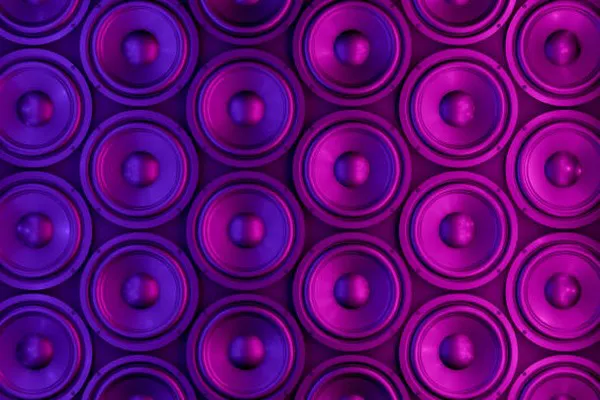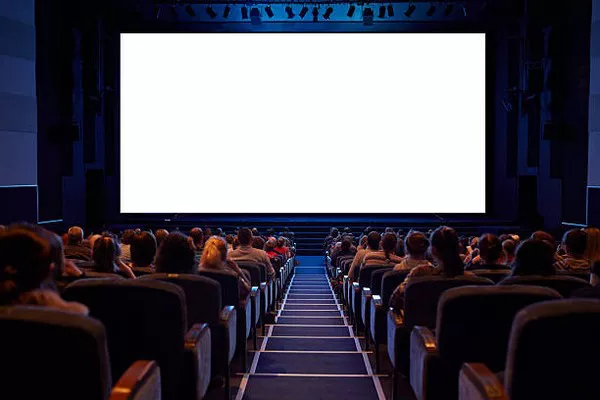Celebrities often seem to possess an otherworldly allure, characterized by their symmetrical features, flawless skin, and captivating charm. Whether they grace the silver screen, dominate the music charts, or captivate audiences on social media, it’s hard to ignore the pervasive notion that celebrities are universally good-looking. But is this perception rooted in reality, or is it a carefully curated image perpetuated by the entertainment industry? Exploring the multifaceted reasons behind the perception that “all celebrities are good-looking” reveals a blend of societal standards, media influence, and the intricacies of fame.
The Power of Perception: Media Influence on Beauty Ideals
The media plays a pivotal role in shaping societal beauty standards, often portraying a narrow definition of attractiveness. Images of flawless, airbrushed celebrities flood our screens, setting an unrealistic benchmark for beauty. Magazines, television, and social media platforms bombard us with carefully crafted images of celebrities, reinforcing the notion that being good-looking is an essential attribute of stardom. Consequently, the relentless exposure to these idealized images cultivates the belief that all celebrities are inherently beautiful.
Moreover, the concept of beauty itself is subjective and culturally influenced. However, the media’s portrayal of celebrities tends to align with a particular set of Westernized beauty standards, perpetuating the myth that only individuals meeting these criteria can achieve fame. This constant exposure to a narrow definition of beauty cultivates a belief that “all celebrities are good-looking,” reinforcing an unattainable standard for the masses.
Selective Representation: Casting and Celebrity Image Management
In the entertainment industry, the process of selecting individuals for roles in movies, television shows, or music is often influenced by physical appearance. Casting directors, agents, and producers frequently seek individuals who align with societal beauty ideals to enhance the marketability of their projects. This selective representation perpetuates the notion that “all celebrities are good-looking,” as those who deviate from conventional beauty standards might face barriers in accessing mainstream roles.
Furthermore, the careful management of a celebrity’s public image contributes significantly to the perception of their attractiveness. A team of stylists, makeup artists, personal trainers, and image consultants work tirelessly to craft and maintain the appearance of celebrities. From rigorous fitness regimens to expertly applied makeup and carefully curated fashion choices, these efforts often contribute to the illusion of inherent beauty, reinforcing the belief that all celebrities possess flawless looks.
The Celebrity Gaze: Psychological Impact on Perception
Psychologically, humans are predisposed to perceive attractive individuals more positively, a phenomenon known as the “halo effect.” When applied to celebrities, this effect amplifies their perceived attractiveness due to their fame and accomplishments. Consequently, the public often perceives celebrities as more attractive than the general population, influenced by their status and visibility in the spotlight.
Moreover, the constant exposure to attractive celebrities in various media forms creates a cognitive bias where individuals might subconsciously associate success, talent, and desirability with physical attractiveness. As a result, the pervasive belief that “all celebrities are good-looking” becomes deeply ingrained in societal perceptions, perpetuating the myth further.
Pressure to Conform: Societal Expectations and Celebrity Standards
The pressure to conform to societal beauty standards is magnified for individuals in the public eye. Celebrities face intense scrutiny regarding their appearance, with every flaw magnified by tabloids and social media. This pressure often leads to a reliance on cosmetic procedures, diets, and beauty regimens to maintain or enhance their looks, contributing to the perception that “all celebrities are good-looking.”
Additionally, the constant public visibility of celebrities means that any deviation from conventional beauty standards can be heavily criticized, potentially affecting their career prospects. This pressure to maintain an image of physical perfection reinforces the belief that inherent beauty is a prerequisite for success in the entertainment industry.
Diversity and Changing Perceptions
Despite the prevalent belief that all celebrities are conventionally attractive, there has been a gradual shift towards embracing diversity in the entertainment industry. Advocacy for body positivity, inclusivity, and representation of different races, body types, and gender identities has gained momentum. As a result, there’s a growing recognition that beauty is diverse and subjective, challenging the traditional notions that only a select few are worthy of the spotlight.
Celebrities who defy conventional beauty standards have started to gain recognition for their talent, breaking the stereotype that “all celebrities are good-looking.” Their success highlights the evolving perceptions of beauty and challenges the industry to celebrate uniqueness and authenticity rather than conforming to an idealized standard.
Conclusion
The pervasive belief that “all celebrities are good-looking” is a complex interplay of media influence, societal standards, psychological biases, and the demands of the entertainment industry. While the portrayal of flawless beauty remains dominant in the celebrity sphere, efforts towards inclusivity and diversity are gradually reshaping perceptions.
It’s essential to acknowledge that beauty is diverse and subjective, and the celebration of uniqueness is crucial in challenging the conventional standards perpetuated by the entertainment industry. As society continues to evolve, embracing authenticity and diverse representations of beauty will pave the way for a more inclusive and accepting culture, redefining the notion of celebrity attractiveness beyond mere physical appearance.



























